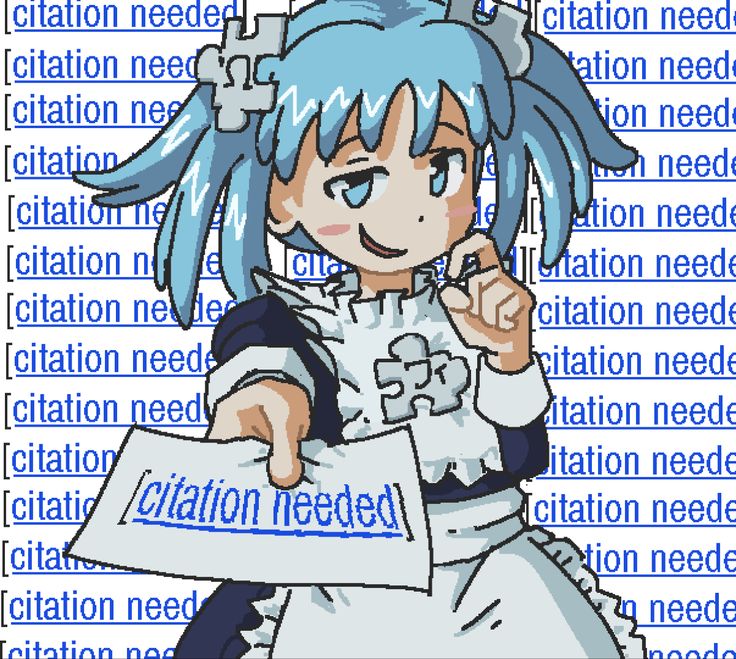Before you read that, see also: Choreographed celebrations in Venezuela as Maduro claims win
There are some things that are indisputable. Some which I, as an observer on the ground, was witness to.
There were the huge queues at polling stations, but only tiny amounts of people being let in at one time.
This led to accusations of deliberate delays, perhaps in the hope some people would give up and go home.
When our BBC team arrived at one polling station, the organiser of the station took a call saying the international media were there. 150 people were then suddenly allowed to be admitted.
There were some poll stations that didn’t open at all, leading to protests and clashes with the authorities.
There were allegations that some of those who work for the state, including police students, were told how to vote.
The protest coverage says:
The opposition has disputed Mr Maduro’s declaration of victory as fraudulent, saying its candidate Edmundo González won convincingly with 73.2% of the vote.
A heavy military and police presence, including water cannons, was on the streets of Caracas with the aim of trying to disperse protesters and prevent them from approaching the presidential palace.
In some areas, posters of President Maduro were ripped down and burned while tyres, cars and rubbish have also been set alight.
Armed police, military and left-wing paramilitaries who are sympathetic to the government clashed with protesters and blocked off many roads around the city centre.
See also similar coverage from Al Jazeera: Protests break out as Maduro declared winner of disputed Venezuela election (archive)
If I don’t like who won then the election was rigged
Blue MAGA
 MAGA
MAGARemoved by mod
yeah like that
Poll size 1200 people in the first link… cute And the second one is Axios.
Libs backing far right candidates and protest when faced with a socialist. Classkc
“large crowds”
Photos show like 10 people
The video shows easily hundreds, and it’s clear there is a larger crowd behind them.
They should have used those in the photos then bc the article only shows small handfuls of people
Everyone should read Building The Commune: Radical Democracy in Venezuela by George Ciccariello-Maher before saying anything about Venezuela, I stg
I wonder what changed in the last 8 years.
Can you elaborate on what you mean?
7.7 million people have left the country since Maduro came to power, the largest refugee crisis in the Americas. Polls show that in a free and fair election, Maduro would have struggled to stay in the double digits. Colectivos actively worked to interrupt the opposition’s recent primary election via armed disruption of voting. Whatever that book is basing its research on, Maduro simply no longer represents the vast majority of Venezuelans and the Venezuelan diaspora.
Maduro simply no longer represents the vast majority of Venezuelans and the Venezuelan diaspora.
Yet he won the election

The US sanctioning Venezuela in order to destabilize has a negative impact on material conditions can have that effect of people leaving. The blame lies more on the US that does the bidding for Chevron than Venezuelas government.
Do you think the exodus has happened as a result of Maduro’s policies, or the American imposed sanctions? On what basis do you believe that Maduro is not favored by the public, yet the far right opposition is, the polls with very small sample sizes that showed results similar to what Gonzalez is claiming?
The truth is that Maduro has popular support from every part of Venezuelan society save for the reactionaries who wish for private oil companies to run the country again. I don’t know if you speak Spanish or are from LatAm, but the difference in ideology between wealthier, English speaking Venezuelans and the less fortunate who only speak Spanish is enormous. The numbers that the right is claiming are only feasible if you’ve only ever talked with the upper crust of Venezuela, who see Maduro and Chavez as cruel despots who took away their rightful position in a stratified society. Same as the latifundio owners in Cuba, or the mob, the casino owners, etc. If that is the class of people you interact with, you might come away thinking all Venezuelans hate Socialism. If you talk with the workers you’ll get the opposite impression, and one group obviously outnumbers the other and is being suppressed by this attempted coup.
Doesn’t the US have some thing about if the elections weren’t fair they would impose sanctions and take something away?
The U.S. uses sanctions all the damn time. Biden lifted SOME sanctions for a bit, then put them back and now there are calls for yet MORE sanctions. Sanctions all around! IMO, this hasn’t worked, won’t work, hurts the populace more than the leaders, leads to dangerous migrations that end up turning the U.S. more authoritarian as it freaks out about these refugees seeking relief from the policies the U.S. itself put in place, encourages a coalition of dictators who are all facing U.S. sanctions to trade with one another since we won’t trade with them, and is bad for so many more reasons.
From Washington Post (archive):
U.S. sanctions have surged in the past two decades and are in effect in some form in almost a third of all countries. In the case of Venezuela, U.S. officials were — and remain — sharply torn over the financial fusillade.
The Biden administration temporarily lifted key sanctions on Venezuela last year in exchange for promises from Maduro to allow a competitive presidential election, … But because Maduro has failed to follow through on most of his commitments, the Biden administration reimposed the sanctions.
If you prefer Al Jazeera:
Since 2014, output has contracted by 70 percent, more than twice the hit the United States suffered during the Great Depression…Over that period, some 7.7 million Venezuelans – a quarter of the population – have left the country in search of work.
Biden inherited a strategy of maximum pressure on Venezuela from President Trump. But despite applied pressure, consecutive rounds of sanctions failed to dislodge Maduro.
Biden, meanwhile, pursued a different approach. Under the 2023 Barbados Agreement, he eased some sanctions – notably on oil and debt – for political guarantees, namely free and fair elections and the release of detained US citizens.
The deal allowed Venezuela to earn an additional $740m in oil sales from last October to March. But after Maduro blocked Machado from running, and following the revival of a territorial dispute with Guyana, Biden re-imposed US sanctions in April.
Quick Post election status: https://www.axios.com/2024/07/30/biden-gop-sanction-venezuela-election-maduro
Congressional Republicans are pressing the Biden administration to impose harsh sanctions on Venezuela’s government for allegedly “subverting” the results of the country’s presidential election on Sunday.
deleted by creator
Maduro: yay i win










